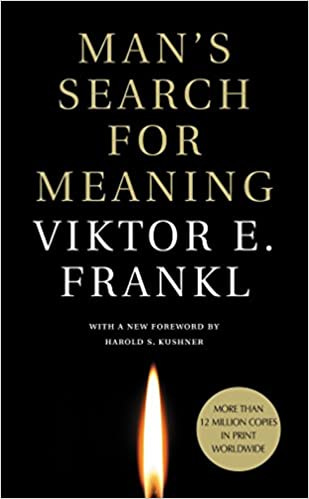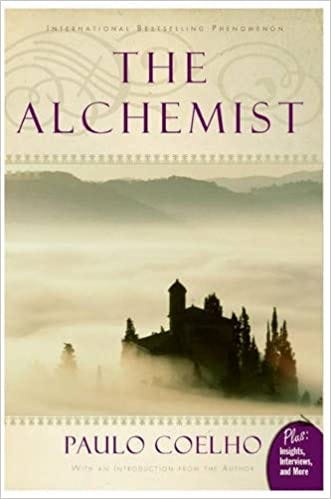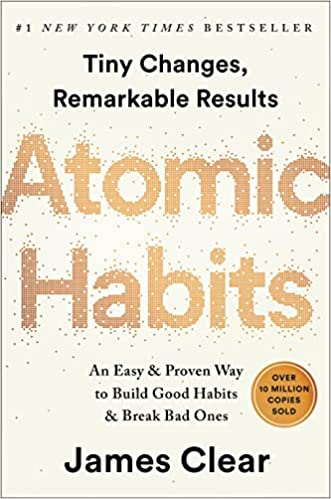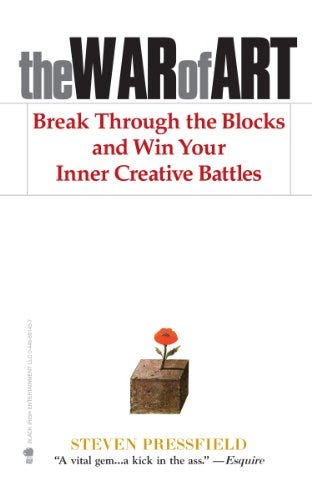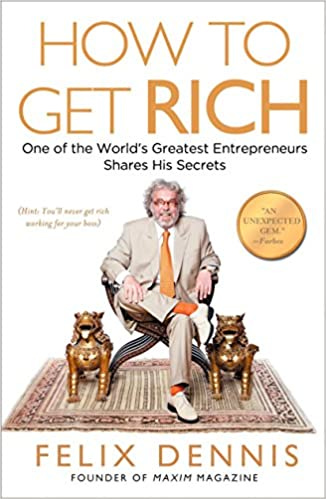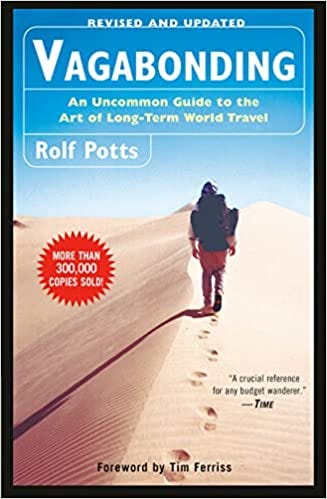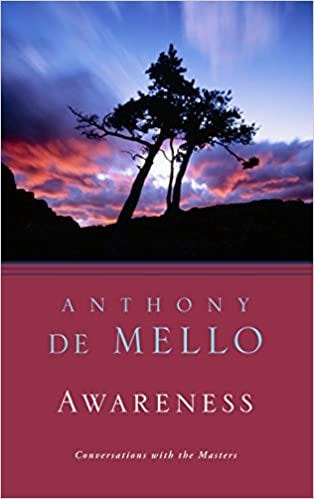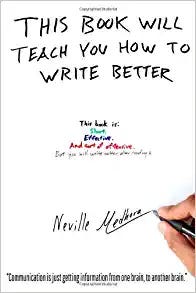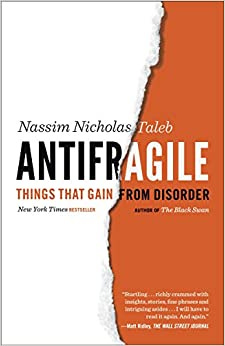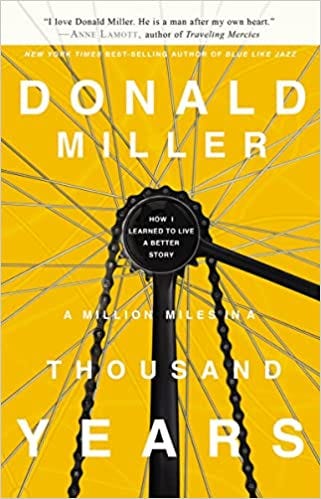Book Notes
Don’t tell me who you are, just show me your bookshelf.
Below you’ll find a collection of books I would recommend with every fiber in my body.
This will be an ongoing stockpile that I will continue to add to, so check back regularly because I read more than any sane person should.
PS — I will earn a few pennies if you buy from these referral links. This is my one and only (lucrative) side hustle.
Books you’ve definitely heard of (and know you should read):
Man’s search for meaning by Viktor Frankl. A true story of a holocaust survivor’s fascinating insights into what keeps us going through the darkest times. This is worth rereading yearly.
The alchemist by Paulo Coelho. A made up story about a boy’s quest to find out what this whole living thing is all about. I took this with me as I solo-traveled across Central America so it holds a special place in my heart.
Atomic habits by James Clear. This is the habit building bible for good reason. This helped me start meditating and exercising on a consistent basis. His writing is so effective and clear (hence his name).
Sapiens by Yuval Noah Harari. A brief counter-intuitive history of humanity and how we got here. He didn’t come up with any new ideas here but the way he combines them made it a fascinating read.
The psychology of money by Morgan Housel. Money behaviors are more important to wealth creation than money accumulation. The way he weaves storytelling into timeless money lessons is superb.
The war of art by Steven Pressfield. The title alone caught my attention. I’m a sucker for a good play on words. We are all artists whether we believe it or not and we have art inside us that needs to be created. Every single day is a battle against the resistance to make that art a reality.
Books you’ve never heard of (and didn’t know you need to read):
How to get rich by Felix Dennis. If someone is selling you secrets on how to get rich then that’s just them getting rich off you. This guy earned hundreds of millions before he decided to write down his path of wealth creation. He’s British, brash, and unapologetic. And his insights on wealth creation are some of the best out there.
Vagabonding by Rolf Potts. Beware — this book got me to quit my job and travel the world (20+ countries in Central America, Europe, and Southeast Asia) off and on for two years straight. It might do the same for you.
How to stop worrying and start living by Dale Carnegie. Everyone has heard of his classic “How to win friends and influence people”, but even though this one is lesser known, it’s just as good if not better. The title tells you everything you need to know.
Awareness by Anthony de Mello. I make it a point to read a few lines of his writing every morning before I start the day. All of his books are fantastic but this was the first I read so it’s still my favorite. Self-observation (not self-absorption) is the key to unlocking the paradise hidden in plain sight.
This book will teach you how to write better by Neville Medhora. Only 54 pages long, but it contains all the lessons you need to write whether it’s for texting a friend, writing a business email, selling something, or just entertaining someone with words on a page.
Antifragile by Nassim Taleb. Book 3 of his 5 book series (I recommend all of them). There isn’t a word for the opposite of fragile so he created one. We usually think of things as being fragile or robust. But there’s a third category of things that gain from disorder. He’s one of my favorite authors and I have no doubt will go down as one of the greatest philosophers of our time. But he’s a brutal genius (and he knows it). He calls out those he doesn’t like (by name). And flaunts himself like a modern day Plato because he deserves it. Fun fact, he blocked me on Twitter and somehow that got me to like him even more.
Sum by David Eagleman. This was Derek Sivers favorite book so I had to check it out on his recommendation alone. It didn’t disappoint. He lays out forty different possible answers to the question, “What happens when you die?” Each one is mind-bending.
How to live by Derek Sivers. Speaking of Derek, this is my favorite book of his (although all four of them are worth reading). He adopts the same format as Sum from above. By laying out 27 conflicting answers to the same question, “How to live?” This puts my mind at ease anytime I feel like I’ve got to find the right answer to this age old question.
A million miles in a thousand years by Donald Miller. Life can feel utterly meaningless at times. But we have the ability to craft those moments into mere footnotes of the story of our lives. Life is a collection of stories. We must craft them into a story worth telling.
The pathless path by Paul Millerd. Go to school. Get a job. Make money. Retire (if you’re lucky). Die. That’s the standard path we’ve been told to take. But Paul decided he’d had enough after 10+ years. So he started reimagining what life could look like on a different path. It isn’t easy, but it’s worth it. I think this book will change the future of work and how we identify with it. It certainly did that for me.
Amusing ourselves to death by Neil Postman. This was published in the 1980’s and focused on the harms of becoming a television addicted society. But replace television with phones and it’s just as true today, maybe more so.

